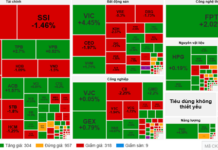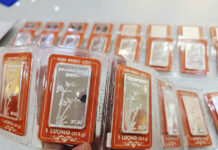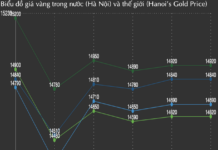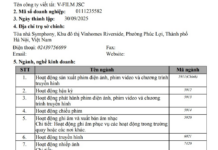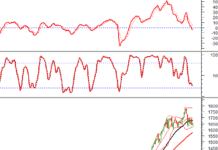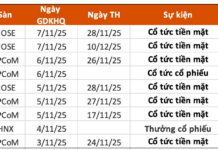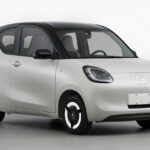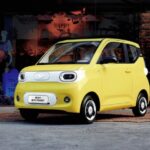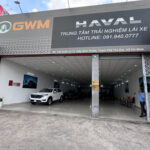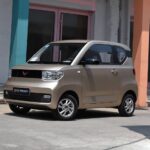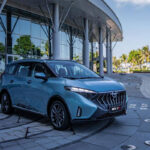After a long period of market testing and several unsuccessful attempts to enter the market, starting in 2023, Chinese car manufacturers have continuously launched their latest models in Vietnam, hoping to dominate one of the most potential markets in the Southeast Asian region.
Making a Lot of Noise but the Result is Still a Question Mark
When first entering the Vietnamese market, Chinese brands continuously made grandiose statements about their technology, sales figures, competitive pricing, and plans to expand their dealerships. However, after the noisy beginnings, many carmakers struggled to conquer Vietnamese customers. In reality, it is very rare to spot a car from Chinese brands on the roads.
Take, for example, the Wuling Hongguang Mini EV, the best-selling small electric car in the world (according to EV Volumes) which was expected to succeed in Vietnam. TMT Motors, the distributor of the Wuling Hongguang Mini EV in the Vietnamese market, heavily invested in production lines and showroom systems.
The company once aimed to sell more than 5,000 Mini EV electric cars in 2023, but the market reception was not positive, with actual sales of just under 600 vehicles. By 2024, the company’s target was reduced to over 1,000 units. Even when the selling price dropped to only VND 185 million, the number of cars on the road was still modest.
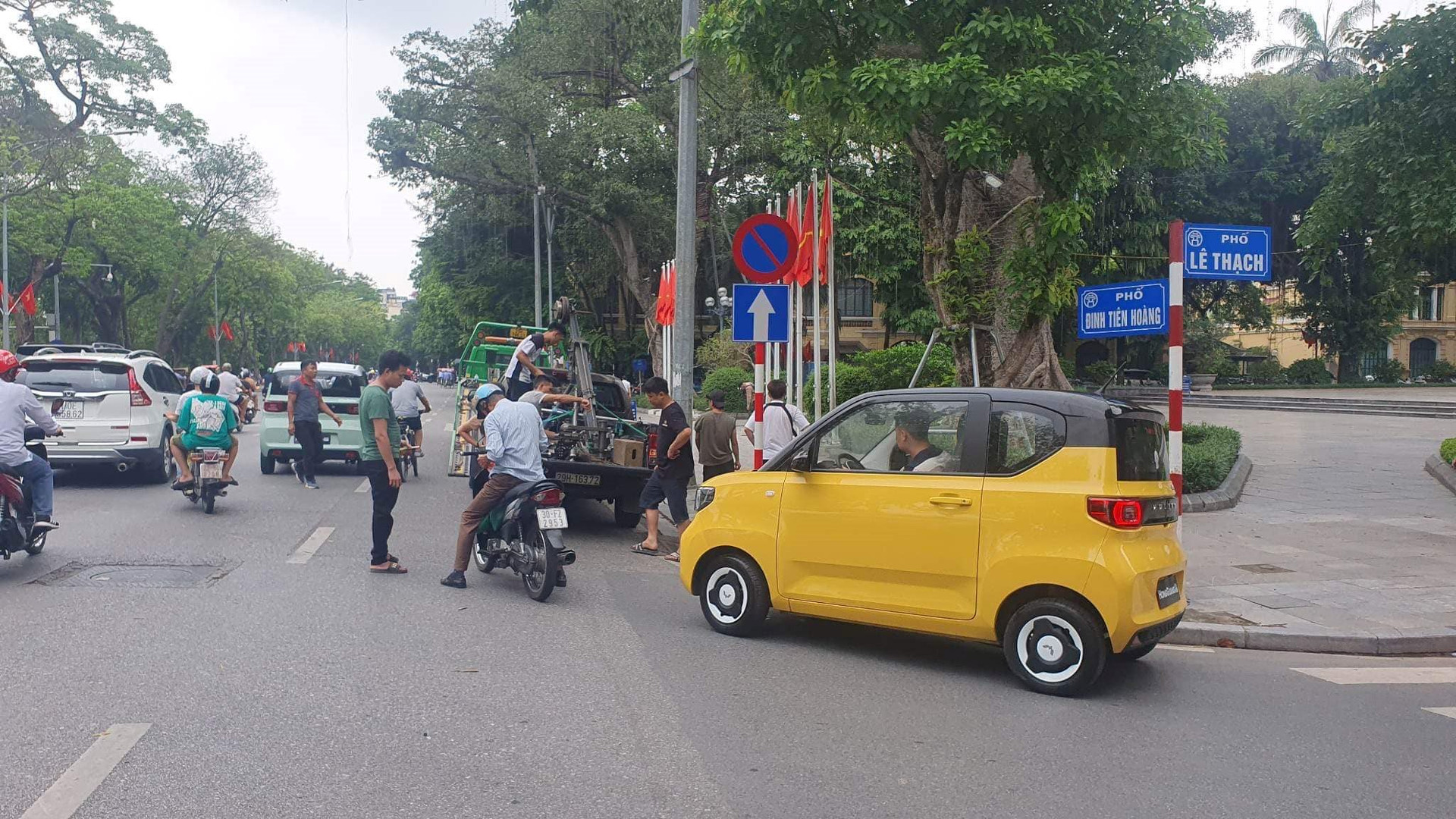
The Haval H6, advertised as one of the best-selling SUVs in China, was expected to compete with formidable opponents such as the Honda CR-V and Mazda CX-5 when it arrived in Vietnam. However, with a price tag of nearly VND 1.1 billion, consumers were not very interested. Even after the company lowered the price to VND 850 million, sales did not seem to improve as it is challenging to spot this model on the roads.
Haima is another case that raises big questions. This brand has only introduced one electric car model in Vietnam, the 7X-E, competing in the 7-seat MPV segment with the Mitsubishi Xpander and Toyota Veloz Cross. Notably, the product is an electric car, but the brand does not invest in charging stations. As a result, people “know the name but not the face.”
Or take the case of the BAIC Bejing X7, which once made a splash with the title “Style Emperor.” But after the launch event, the car suddenly disappeared in the market. According to data from the Vietnam Register, the number of registered vehicles is much lower than the distributor’s claim of selling more than 1,000 units.
Additionally, the cessation of operations and tax code closure of Kylin GX 668, the company that imported Beijing X7, caused confusion among customers regarding warranty and after-sales service. Nowadays, this model can only be sporadically seen on used car lots.
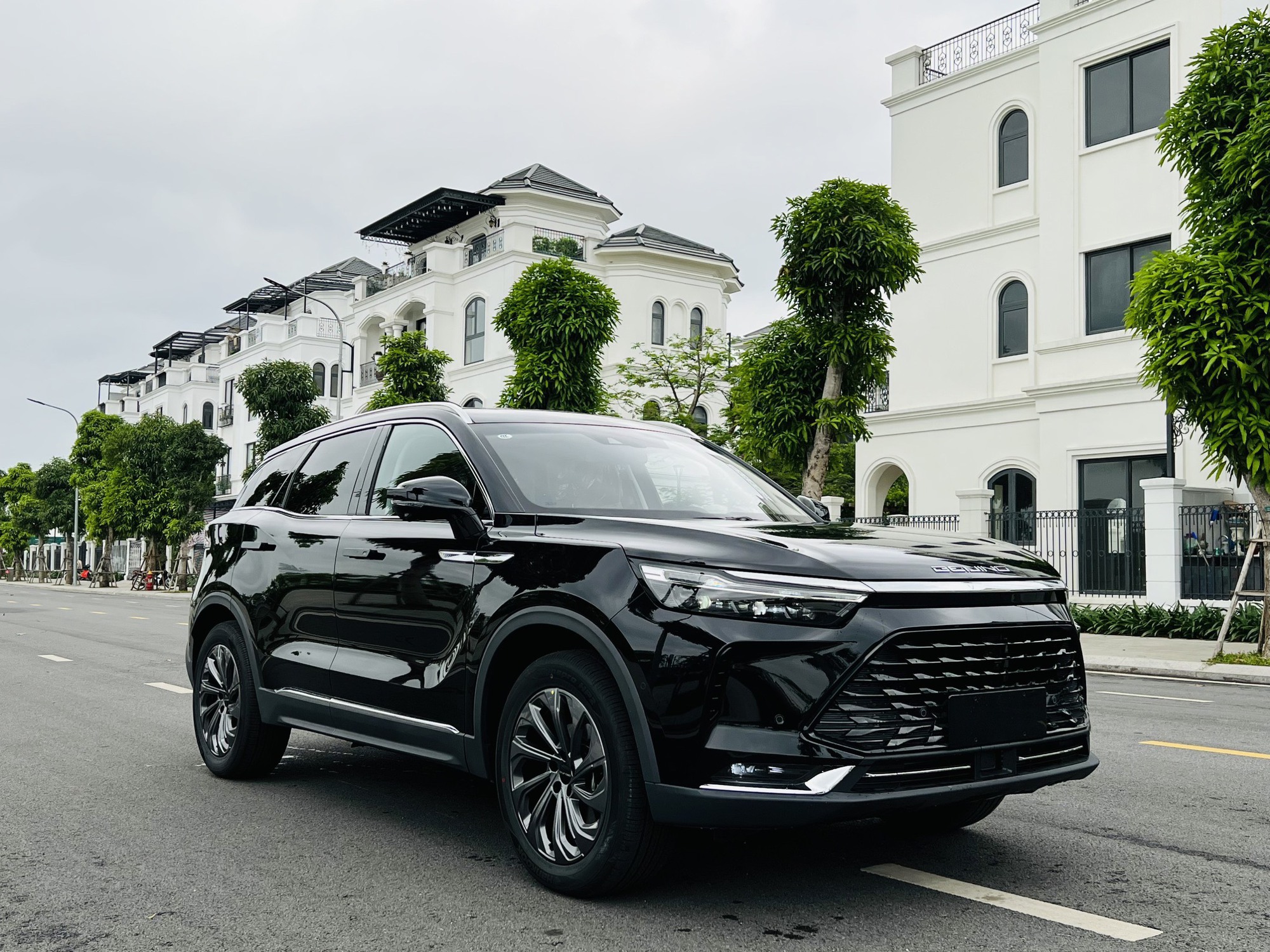
Another brand, Lynk&Co, also entered the Vietnamese market with both gasoline and hybrid models. The most memorable aspect so far is that it shares a platform with Volvo. Taking advantage of its association with Tasco, a leading enterprise in Vietnam’s automotive industry, the brand aims for over 80 dealerships in Vietnam. However, the relatively high price remains a consideration for consumers.
Many other brands have just entered the market and have not yet started selling cars, but they have already set ambitious goals. BYD, the “electric vehicle giant,” announced the completion of 36 dealerships in July 2024 as soon as it joined the market. In the next three years, BYD aims for 100 dealerships nationwide, equivalent to the largest brands in the market today.
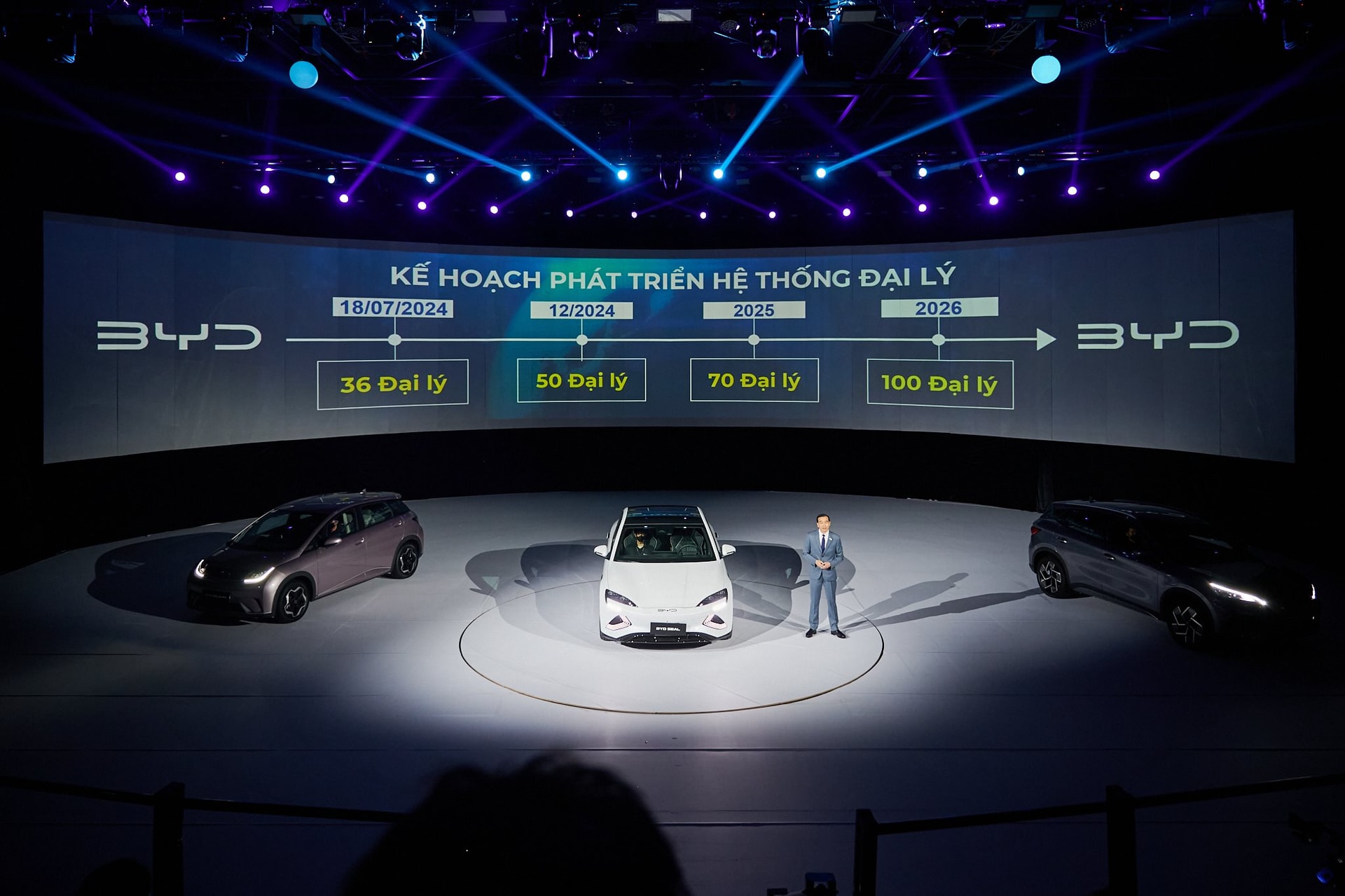
Chery (with two brands, Jaecoo and OMODA) is also preparing for its launch and has plans to build a factory. This brand aims to operate at least 20 global-standard 3S dealerships this year, targeting 100 dealerships by 2028. Simultaneously, it sets a goal to capture 10% of the Vietnamese market share by 2028, ranking in the top 5.
AION, a subsidiary brand of GAC, has just been introduced and aims to establish 10-15 dealerships in 2024, 30 dealerships in 2025, and increase that number to 50 dealerships by 2026.
What are the Reasons?
It is evident that Chinese car brands are facing several challenges when “penetrating” the Vietnamese market. According to Mr. Hoang Van Tuan, an expert from Autodaily, there are three main reasons: charging infrastructure, pricing, and intense competition from domestic brands.
Newly emerging brands that enter the market later will face immense competitive pressure from well-established brands that have already made a strong impression on Vietnamese consumers.
In the past, Chinese motorcycle brands dominated the Vietnamese market due to their significantly lower prices compared to Japanese and Korean bikes. However, as they focused solely on price competition while neglecting quality, Vietnamese consumers gradually lost trust and shifted their preference to Japanese motorcycles.
Nowadays, Chinese automakers have adopted new strategies, such as premium pricing, advanced technology, extended warranties to emphasize quality, and offering incredible promotions. However, the high prices make it challenging to compete with established models that already have a strong market presence and offer very reasonable prices.
Infrastructure is also a top concern, especially as Chinese brands are now focusing on developing electric vehicles. Many brands do not intend to build their public charging stations, expecting customers to charge at home or at third-party stations. However, most average customers do not have a designated parking space or the ability to install home charging stations, so conveniently located fast-charging stations are crucial.
Additionally, the dealership network, warranty, maintenance, and after-sales services have not yet reached the level to build trust with customers.
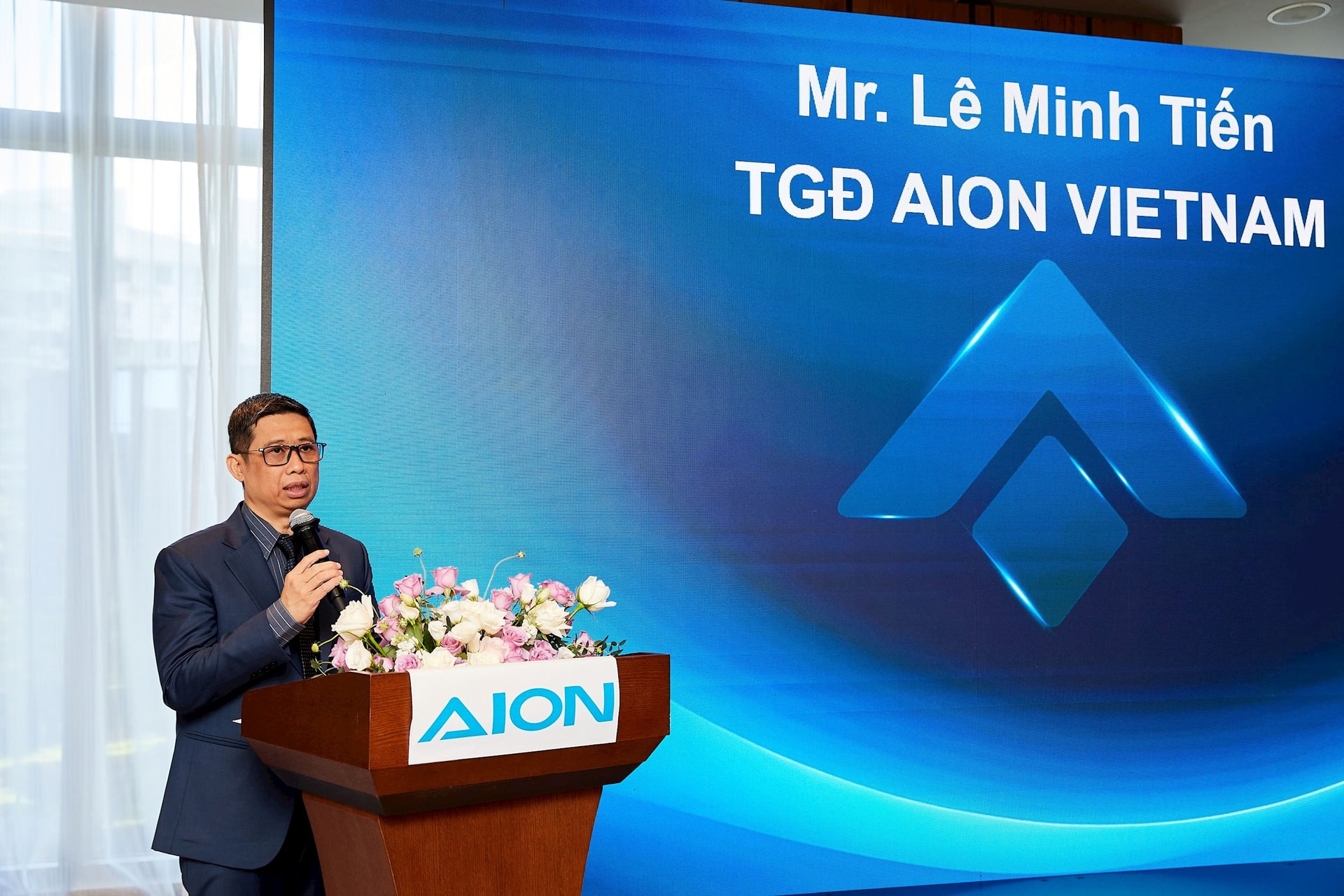
Mr. Le Minh Tien – General Director of AION Vietnam
Mr. Le Minh Tien, General Director of AION Vietnam, also acknowledged that it would take time for Chinese brands to establish themselves in the Vietnamese market and that it is challenging to change consumers’ perceptions overnight. Therefore, the brand chooses to approach the market cautiously and with thorough preparation.
“Chinese brands must address the root of consumers’ needs to establish a solid position like Japanese and Korean brands,” said Mr. Tuan.
The Cheapest Electric Car in Vietnam Gets an Upgrade: A Complete Exterior Makeover with an Estimated Price of 110 Million VND
The Wuling Hongguang Mini EV’s exterior in its upgraded form evokes a sense of familiarity, reminiscent of the Wuling Bingo. This compact electric vehicle captures the essence of its predecessor with a sleek and modern twist, appealing to those seeking a blend of style and sustainability on the roads.
The All-New Wuling Hongguang Mini EV: Now with Quick-Charge, 215 km Range, and a Pocket-Friendly Price Tag of VND 140 million.
The all-new Hongguang Mini EV has arrived, boasting an impressive array of features that elevate it above its predecessors. With fast charging capabilities and dual airbags, this sleek and stylish EV is set to revolutionize the way you experience electric mobility. Prepare to be captivated by its efficient performance, enhanced safety measures, and undeniable charm as you embark on a sustainable journey like no other.
The Wuling Hongguang Mini EV: Why is Vietnam’s Cheapest Car Struggling to Sell?
The Wuling Hongguang Mini EV is a testament to affordable mobility, positioning itself as one of the most cost-effective cars in the Vietnamese market. With its jaw-dropping price tag, the base model retails for under 200 million VND after discounts, making it an irresistible choice for budget-conscious consumers.

